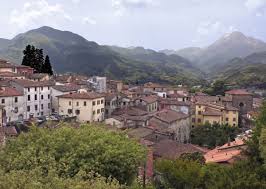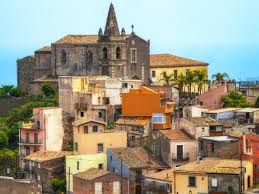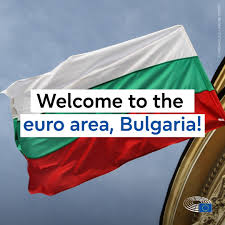In Italy, a post-industrialised Neapolitan district struggles to reclaim a healthy sea

Looking over the turquoise Mediterranean Sea, the beach at the tip of Bagnoli, hugged by cliffs in westernmost Naples, should be a picture of tranquillity. It is not.
“We cannot swim because of the extreme pollution from the ex-industrial area,” local resident Anja Raggia explains. “Toxic pollution is also spread about by the wind and causes locals to develop tumours and other diseases.”
Behind the beach, the skyline is haunted by the remnants of industry. Until 1992, Bagnoli had one of Italy’s largest steelworks, run by the state-owned company Italsider, in a massive industrial area which also produced cement and asbestos. Years after the closure of these industries, numerous peer-reviewed studies show lingering high concentrations of dangerous and often carcinogenic substances in the water and soil.
This pollution also affects people’s livelihoods: Fishing was a vital industry for Naples since its inception as a city and an outpost of ancient Greece. Yet in Bagnoli, mirroring other former steelworks across Italy, industry has “acutely toxified” the nearby seaside and with “genotoxic effects both in fish and molluscs.”
The beach belongs to everyone…in theory
Naples is the most significant city in southern Italy and the third biggest city in the country after Rome and Milan. It is known for its good food, chaotic streets, deep history and recent economic decline.
“Naples has 25 kilometres of coastline and access to much of it is forbidden due to pollution,” Rossario Nasti tells Equal Times. He is a participant from Naples involved in Mare Libero (meaning ‘Free the Sea’), an Italian-wide, grassroots movement for a healthy and accessible sea.
“The harbour is inaccessible due to cruise and other ships. Then other parts are inaccessible as they are owned by private owners.”
Many beaches in Naples or their access routes are privatised. Nasti continues: “As a result, 96 per cent of the coastline [in Naples] is either private or inaccessible. Mare Libero’s battle is to give the sea back to Neopolitans and everyone. We want to reclaim a healthy sea as a commons [editor’s note: land or resources that everyone shares the right to use, and the collective responsibility to care for].”
The situation in Naples encapsulates a broader problem in Italy. Technically, the coastline is nationalised, yet beach owners buy swathes of seafront land and then charge high prices to beachgoers. Pollution is also widespread.
Mare Libero in Naples employs multiple strategies, Nasti explains: “We take direct actions, such as opening the gates that impede access. We take symbolic actions, like creating a beach in front of Naples town hall with deck chairs and volleyball. We do legal actions, reporting the town council and port authorities, for instance, for locking gates unlawfully.”
Other actions include mass trespasses onto privatised beaches. Canoes are also used to leaflet private beachgoers explaining that the beach should be free for everyone. Mare Libero in Naples has also mapped the city’s privatised beaches as well as the places where illegal sewage dumping takes place, and it has shared this research with the institutions tasked with enforcing a healthy sea.





